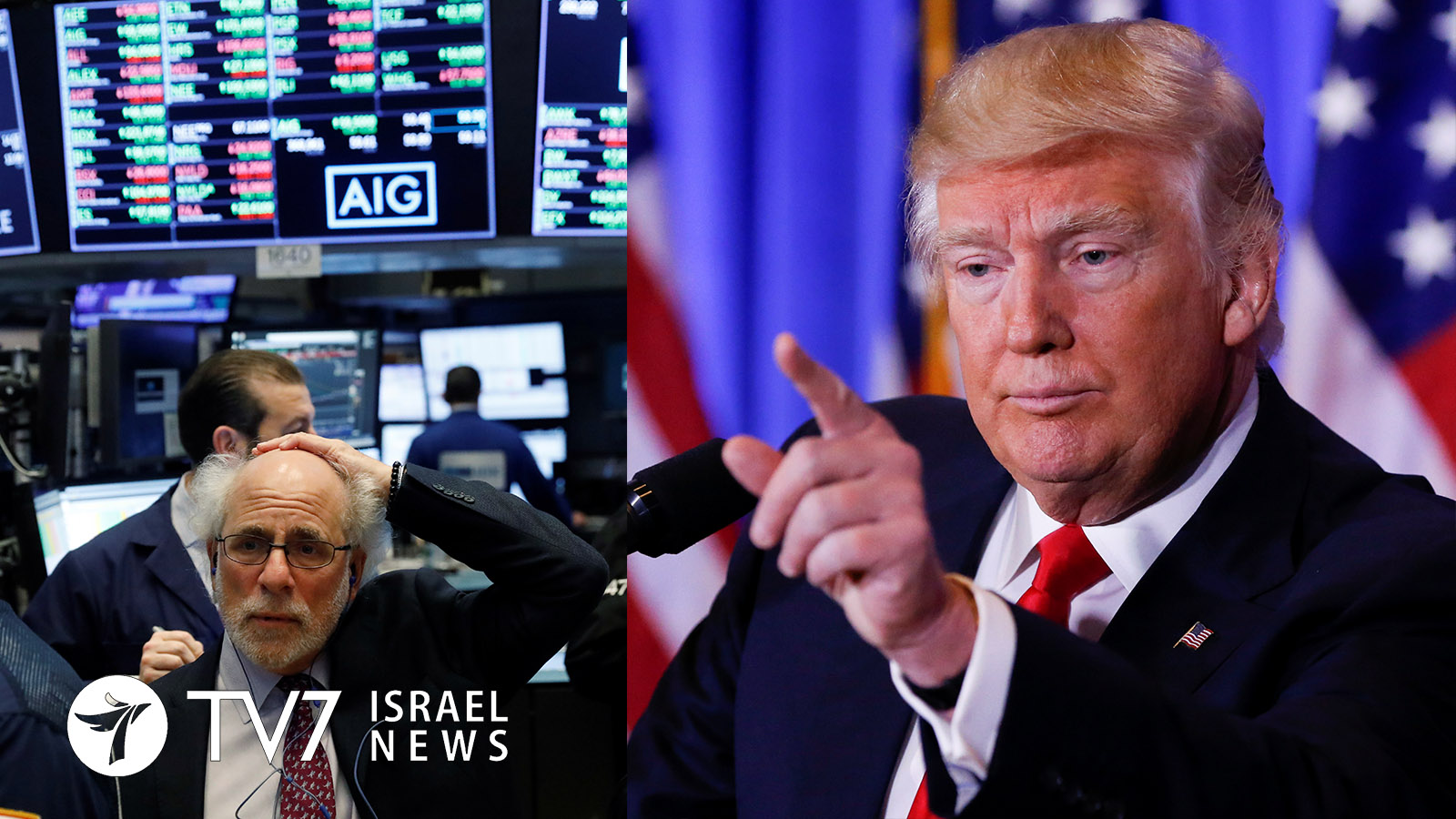The Trump Administration has warned foreign governments and entities from the international private sector to refrain from doing business with Iran, demanding an immediate crackdown, on what Washington described as ‘Iranian efforts to exploit the international community to fund its support for terrorism, destabilizing actions across the Middle East and domestic human-rights abuses. Under Secretary of the U.S. Treasury Sigal Mandelker made an appeal, urging governments around the world to “harden their financial networks,” demand of their companies to do “extra due diligence to keep them from being caught in Iran’s deceptive web,” and “make clear the very significant risks of doing business with companies and persons in the Islamic Republic.” Under Secretary Mandelker further stressed that “Companies doing business in Iran face substantial risks, and those risks are even greater as the United States reimposes nuclear-related sanctions.” She concluded by leveling a threat, in which the United States “will hold those doing prohibited business in Iran to account.”
The crippling international sanctions, imposed by the United States since its decision to pull out of the nuclear agreement with Iran, are expected to take full effect by the fourth of November – a fact that had prompted major international corporations to announce their immediate withdrawal from any business-dealings with the Islamic Republic of Iran. That is why, Israeli Prime Minister Benjamin Netanyahu said, during his visit to Paris, that he refrained from urging French President Emmanuel Macron to withdraw from the nuclear deal – after it became apparent that ‘economic pressure on Tehran would effectively terminate the Joint Comprehensive Plan of Action – the technical term for the nuclear agreement with Iran.’
“I didn’t ask France to withdraw from JCPOA (Joint Comprehensive Plan of Action, or Iran nuclear deal) because i think the JCPOA is basically going to be dissolved by the weight of economic forces. But I think that there are two possibilities – either Iran dismantles its nuclear activities unilaterally under this pressure. Or there may be in the future, negotiations for a better deal. Either one would be good if the result is that Iran doesn’t have a nuclear weapon. My interest is not that this or that agreement. My interest is to make sure that Iran doesn’t have nuclear weapons,” Israeli Prime Minister Benjamin Netanyahu said.
Netanyahu further stressed that the international community did not have to commit to an agreement that was established on false pretense and deception, while reiterating Jerusalem’s position, in which Iran’s aggression across the Middle East cannot be separated from a deal aimed at thwarting its aspiration to acquire nuclear weapons.
“If you have a bad deal which was entered under false pretenses and deception, you don’t have to stick to it, especially that you see that those who, that Iran is actually conquering one country after the other. And you cannot divorce it – this was my whole point – I’ve been very consistent about my opposition to this nuclear deal, because I said you cannot divorce this from Iran’s aggression in the region,” Netanyahu said.
French President Emmanuel Macron agreed with Prime Minister Benjamin Netanyahu on the matter of the flaws of the nuclear deal, dubbing the multinational agreement ‘insufficient’ when it comes to thwarting Tehran’s malign activities – yet reiterated that the 2015 nuclear deal is better than what was before it was implemented.
“If you have a bad deal which was entered under false pretenses and deception, you don’t have to stick to it, especially that you see that those who, that Iran is actually conquering one country after the other. And you cannot divorce it – this was my whole point – I’ve been very consistent about my opposition to this nuclear deal, because I said you cannot divorce this from Iran’s aggression in the region,” Netanyahu said.
The French leader also referred to the threat made by Iran’s supreme leader, Ayatollah Ali Khamenei, who publicly ordered preparations to increase Iran’s uranium enrichment capacity if the nuclear deal with world powers would fall apart; referring to Khamenei’s statement as a clear violation of the nuclear deal. That said, the French leader laid the blame of Iran’s violation on the U.S. decision to pull out of the deal, stressing that “when one decides to end an agreement, it does not encourage the other party to abide by it.”
“I took note of the declarations made by Iran. Now, these declarations are not, by nature, a way of abandoning the 2015 accord, the JCPOA. So I can over-interpret their answer or consider this as an infringement. However, I don’t know if this gives reason, but I can say that when one decides to end an agreement, it doesn’t encourage the other party to abide by it,” French President Emanuel Macron said.
